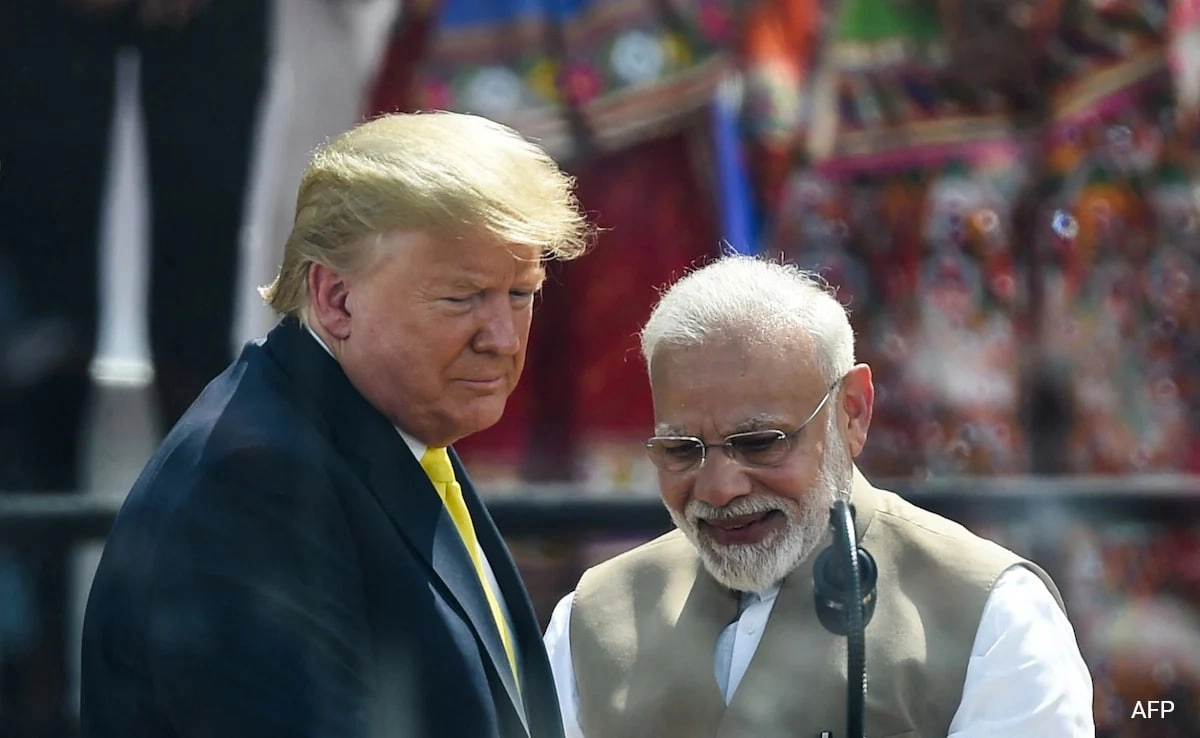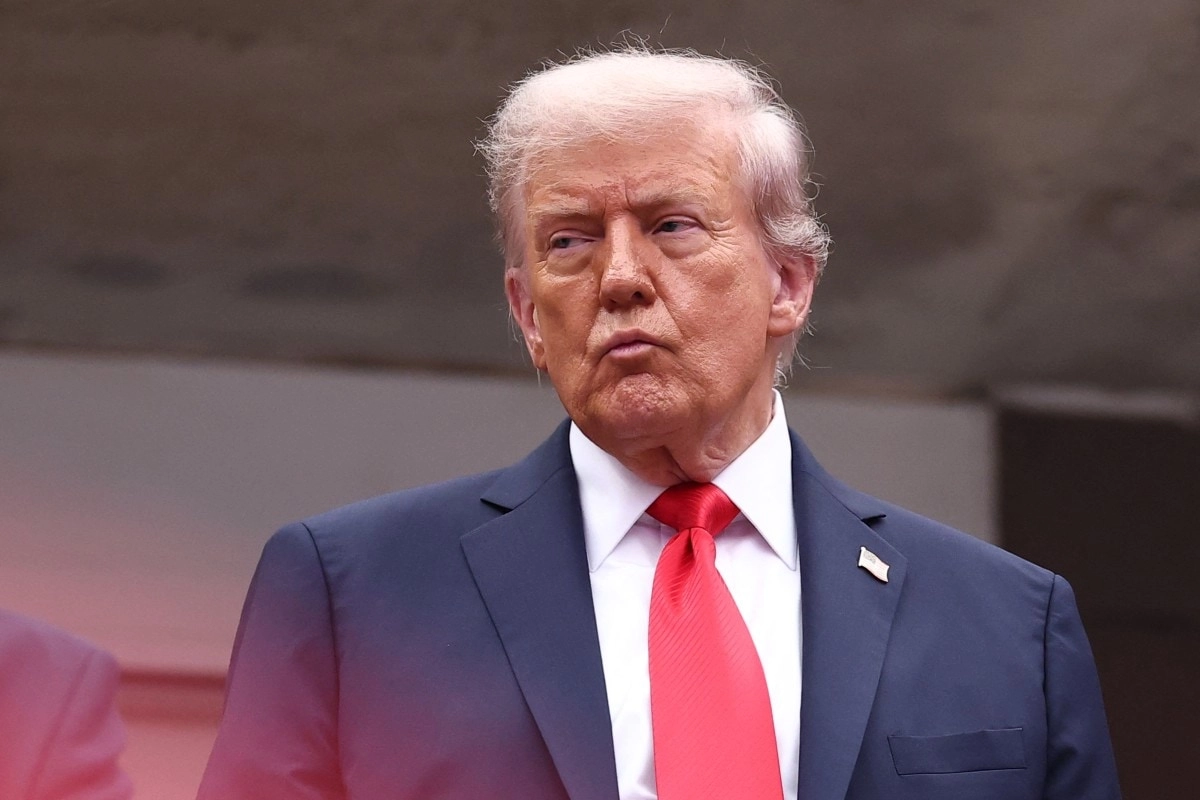The recent comments made by an American economist regarding the United States’ stance on India have sparked significant debate and analysis. The economist likened the U.S. actions towards India to a mouse attempting to hit an elephant, underscoring the stark power dynamics at play. This metaphor encapsulates the essence of the relationship between the two nations, where the U.S., despite its global influence, faces challenges in effectively addressing its concerns with a rapidly rising India. The phrase highlights not only the imbalance in power but also the complexities involved in diplomatic engagement between the two democracies.
The economist’s critique suggests that the U.S. may be overestimating its leverage in dealing with India, a nation that has emerged as a formidable player on the world stage. India’s growing economic strength, strategic partnerships, and geopolitical significance make it a critical ally for the U.S., particularly in the context of countering China’s influence in the Indo-Pacific region. However, the U.S. must tread carefully, as aggressive measures could backfire, leading to strained relations that neither country desires. This delicate balance forces the U.S. to reconsider its approach, as heavy-handed actions could provoke a backlash from India, a nation that values its sovereignty and seeks to assert its own interests on the international front.
Moreover, the relationship between the U.S. and India has evolved significantly over the years, moving from a period of estrangement to one of strategic cooperation. Both nations share common democratic values and face similar challenges, including climate change, cybersecurity threats, and regional security issues. As such, the U.S. must adopt a nuanced approach that fosters collaboration rather than confrontation. By recognizing India’s aspirations and respecting its autonomy, the U.S. can cultivate a partnership that benefits both nations and contributes to global stability.
In conclusion, the analogy of a mouse hitting an elephant serves as a poignant reminder of the complexities inherent in U.S.-India relations. As the U.S. navigates its foreign policy, it must remain cognizant of the evolving geopolitical landscape and the aspirations of its partners. Striking the right balance between assertiveness and diplomacy will be crucial in ensuring a productive and mutually beneficial relationship with India, one that can withstand the pressures of global politics and promote a shared vision for the future.




